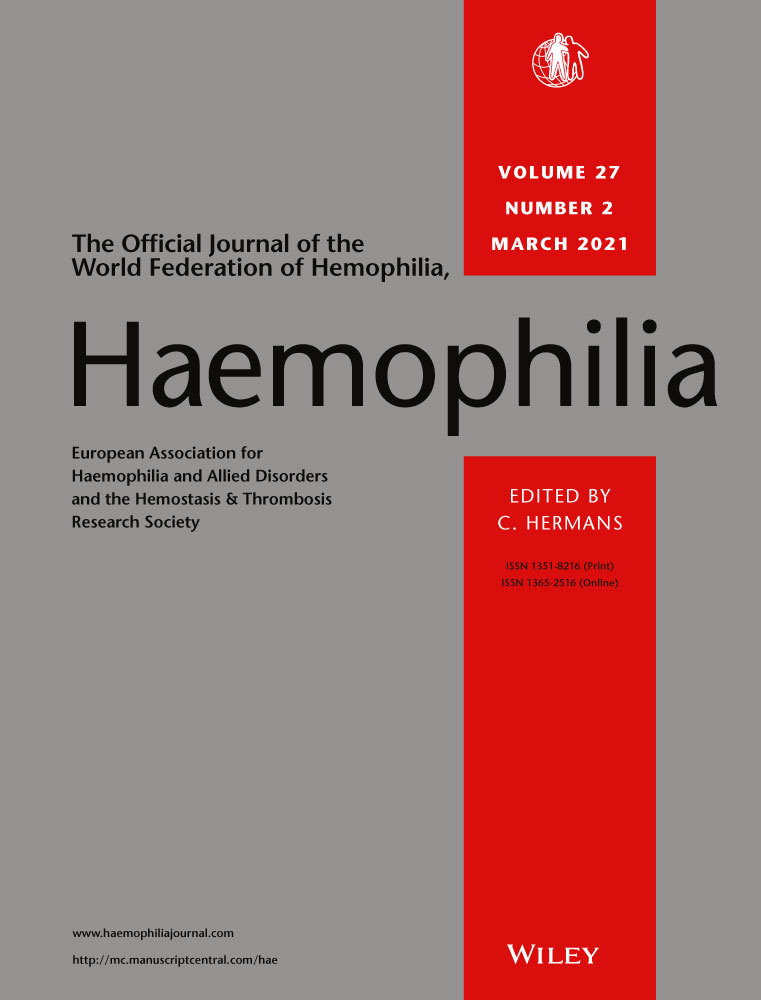Assessing the current knowledge, attitude and behaviour of adolescents and young adults living with haemophilia
Abstract
Introduction
There is significant incidence of Haemophilia in India, with second largest number of persons with Haemophilia A. 20,778 patients registered with Haemophilia Foundation of India in 2018. Research in India includes diagnostic studies, complications and co-morbidities, prenatal diagnosis, inhibitor development and gene therapy. Limited is known about quality of life of these patients. Since Haemophilia leads to the loss of ‘normal lifestyle’ in young people resulting in emotional distress and depression, it is important to analyse Knowledge, Attitude and Behaviour of persons with Haemophilia.
Aim
The aim of the study is to focus on exploring the status of Haemophilia and knowledge, attitude, behaviour of adolescents and youths with haemophilia with the objectives to study 1) the current medical status of haemophilia amongst target population; 2) the knowledge, attitude and behaviour of patients with haemophilia towards their condition.
Methods
Respondents in the age group of 15–30 years, who were registered with the Hemophilia Treatment Centers of Government Hospitals/Hemophilia Societies, were interviewed. Data were collected using a structured questionnaire. The study was conducted in two different states and with respondents of two different age groups.
Findings
Most respondents suffered from severe haemophilia and co-morbidities such as anxiety, stress, chronic pain and head-ache. All of them felt that haemophilia interferes in leading a normal life and perceive a grim future.
Conclusion
Young people in India need technical, financial and psychological support to prevent complications related to haemophilia. While most of them take responsibility for their health, more behavioural changes need to be inducted to improve quality of life.
DISCLOSURE
"The authors stated that they had no interests which might be perceived as posing a conflict or bias".
Open Research
DATA AVAILABILITY STATEMENT
The data that support the findings of this study are available from the corresponding author upon reasonable request.




